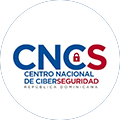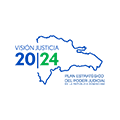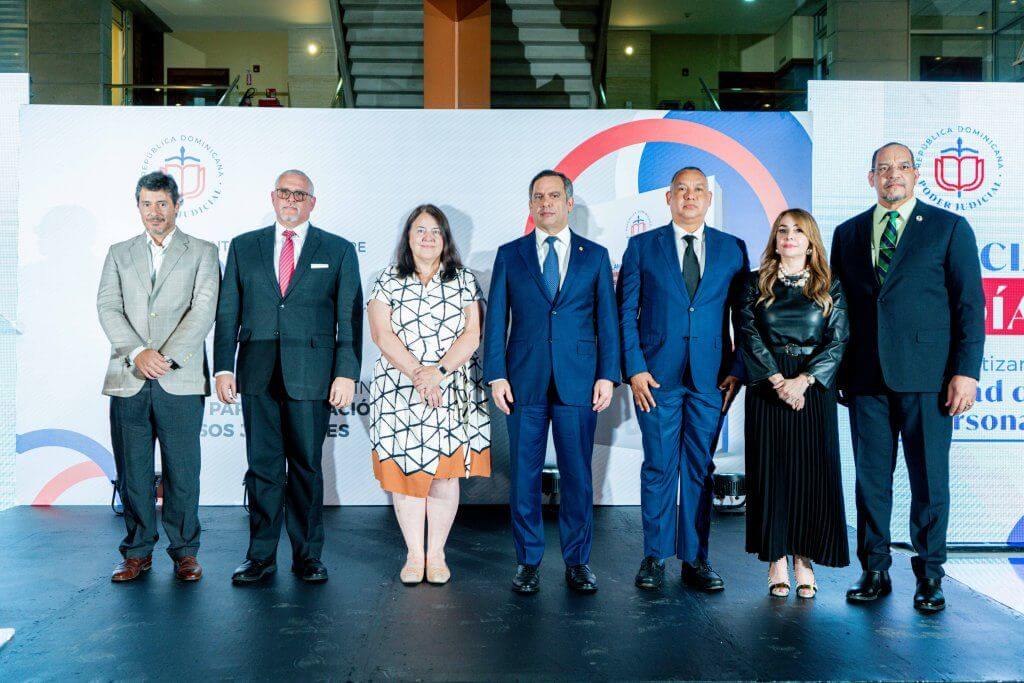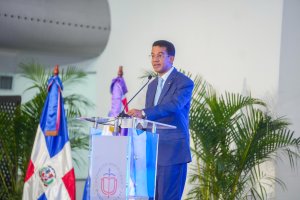The Judicial Branch and the Government of the United States through the United States Agency for International Development (USAID), released on Tuesday the General Regulations on Non-Adversarial Dispute Resolution Mechanisms in the Dominican Republic and the guide for the referral of judicial cases.
The purpose of the regulations is to establish the minimum standards for the implementation and use of mediation, conciliation and other conflict resolution mechanisms by judges, users and professionals involved in the different courts that make up the judicial system in the Dominican Republic.
During the presentation of the regulations, the president of the Supreme Court of Justice (SCJ), Magistrate Henry Molina, said that promoting alternative forms of conflict resolution without litigation is a decisive step in the search for an efficient, inclusive and reliable justice system that will move the country towards a model of 0% judicial delay and 100% access to justice.
Molina pointed out that the Alternative Dispute Resolution Regulation is part of the transformation of justice, since it will provide a tool that facilitates agreements and promotes the change of model that the nation needs, understanding that the current system consumes too much time and money for the parties and that, in some cases, it becomes a real barrier to access to rights.
"As we have pointed out on other occasions, the courts should be the last resort in a state governed by the rule of law. In fact, in many countries only 20% of conflicts reach the trial stage, or even 10% in the case of the United States. In the Dominican Republic so far the opposite has been the case: out of every 100 cases, 87 go to trial. This drastically saturates the criminal justice system, limiting the capacity of all actors and, with it, the universal access to which we aspire," he said.
He informed that the regulations will be applied in civil, commercial and administrative, tax and administrative litigation, labor, criminal and real estate matters, which will facilitate that many cases that are not yet in court can be resolved directly in the mediation centers, in a simple and expeditious manner, when both parties so decide.
Rebeca Latorraca, USAID Director, said that the United States Government, through USAID and other agencies, has worked closely with the Dominican Government and civil society for nearly three decades to strengthen the rule of law and ensure that key justice sector institutions, such as the SCJ, the Public Prosecutor's Office and the Public Defender's Office, are independent, effective and transparent.
He indicated that the approach of a people-centered justice is precisely what this new regulation represents. He also highlighted the three-year effort of the SCJ plenary that was decisive for the creation of the new regulation.
"People-centered justice for the resolution of conflicts in an amicable manner generates important benefits for the people and for the Judiciary. We commend the Judiciary for facilitating training for mediators, judicial servants and judges on this important resolution," the USAID director said in her speech.
Meanwhile, the judge of the Supreme Court of Justice, magistrate Samuel Arias Arzeno, valued the progress made in the Judicial Branch with the implementation of the Guide for the Referral of Cases and the regulations that lead to conciliation in cases, and said that judges are the guides so that users understand the way to solve their differences through conciliatory processes.
Argentine consultant Gustavo Fariña, who was in charge of a presentation on alternative dispute resolution methods and their impact on judicial systems, explained general aspects and the importance of mediation and conciliation beyond the speed with which disputes are resolved, but as a Judicial State Policy to promote access to justice.
Mediation and conciliation are amicable procedures that favor a culture of peace, coexistence and dialogue by resolving disputes without litigation. They also facilitate access to justice, reestablish relations between individuals and the community, with the understanding that the parties resolve their differences peacefully, quickly and without exhausting the processes.
See the complete regulations here: https://bit.ly/3Q18NR8

















